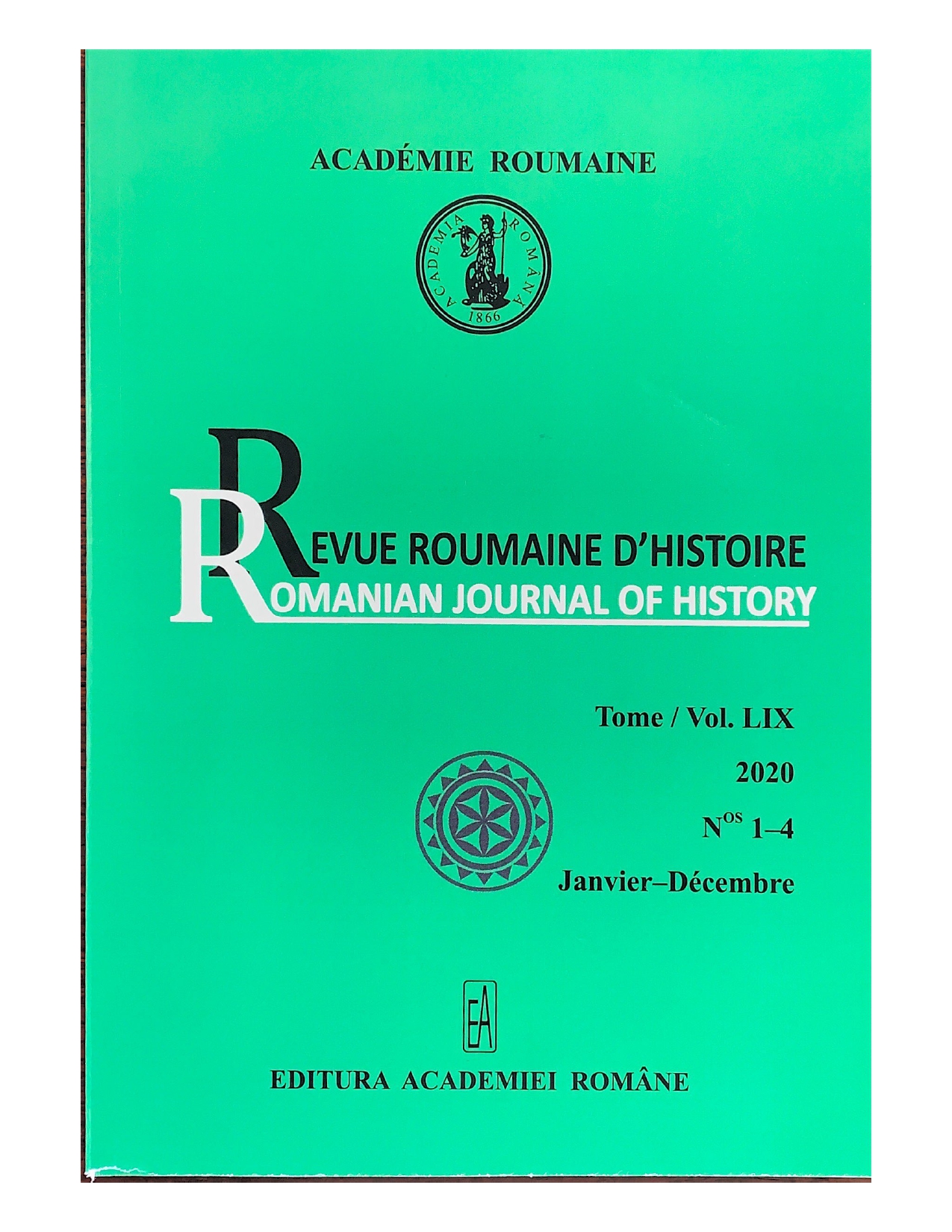Post-Cold War Controversies. The 1990 US – USSR Agreement not to Enlarge NATO in the Event of German Reunification
Post-Cold War Controversies. The 1990 US – USSR Agreement not to Enlarge NATO in the Event of German Reunification
Author(s): Mihail DobreSubject(s): Diplomatic history, Transformation Period (1990 - 2010), Geopolitics
Published by: Editura Academiei Române
Keywords: post-Cold War Europe; German Unification; „Two plus Four” diplomatic mechanism; European strategic agenda; USSR dissolution; NATO enlargement;
Summary/Abstract: The end of the Cold War was immediately followed by the 1990 Unification of Germany. That historical event was an exceptional diplomatic exercise, based on an innovative instrument (the „Two plus Four” mechanism), which led to a dramatic shift in the strategic map of Europe. Soon after the successful unification process, there was the start of a controversy whether the Western powers (the US, the UK and France) have pledged not to expand NATO eastward if the USSR would agree to the unification of Germany. After a 25 years long denial of such a pledge by the key Western participants to the „Two plus Four” mechanism, the declassification of different diplomatic documents has shown a completely different situation. There was in fact in 1990 a real cascade of promises that were generously expressed to the USSR leaders, starting with the famous James Baker’s assurance that NATO would enlarge „not one inch to the east”. However, the USSR collapsed at the end of 1991, and the European security situation changed radically, so that the issue of NATO enlargement entered firmly on the agenda of North Atlantic Alliance’s member states, despite the opposition of post-Soviet Russia.
Journal: Revue Roumaine d’Histoire / Romanian Journal of History
- Issue Year: LIX/2020
- Issue No: 1-4
- Page Range: 127-134
- Page Count: 8
- Language: English

